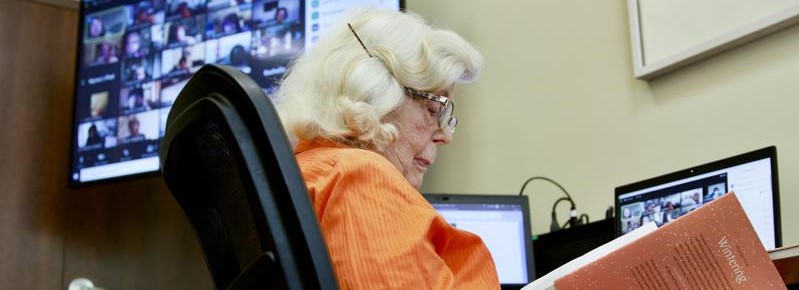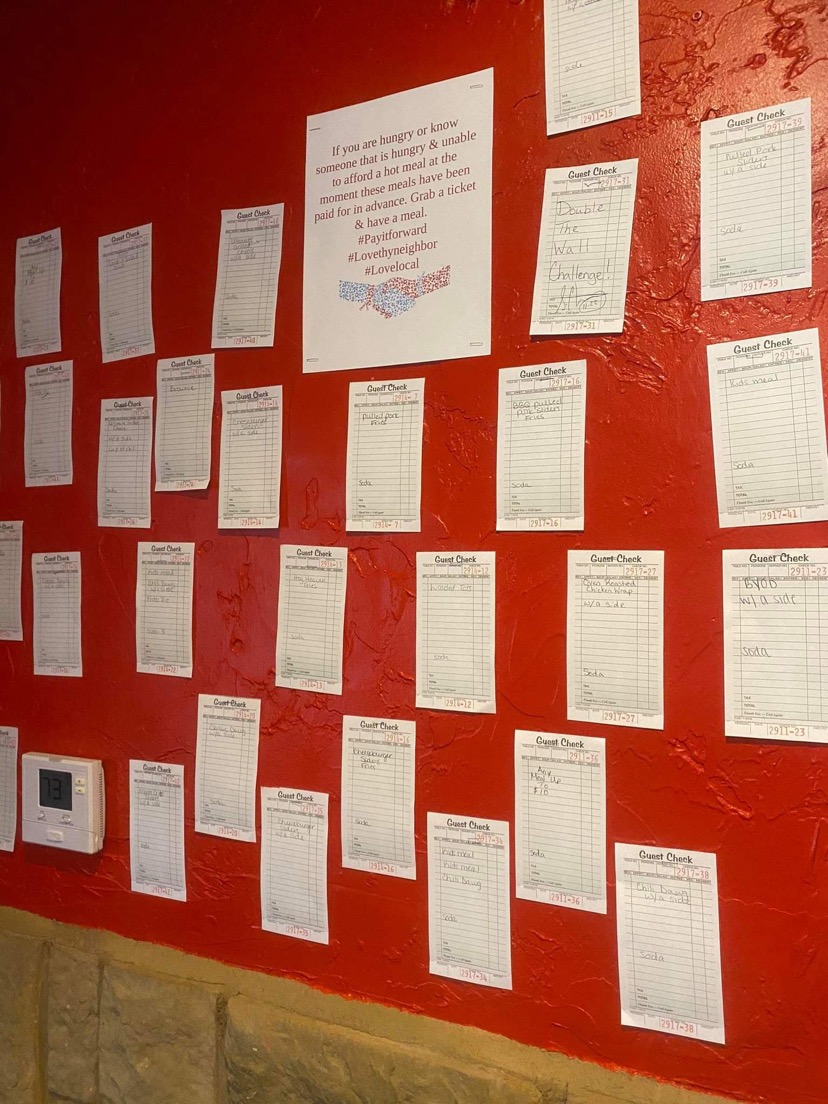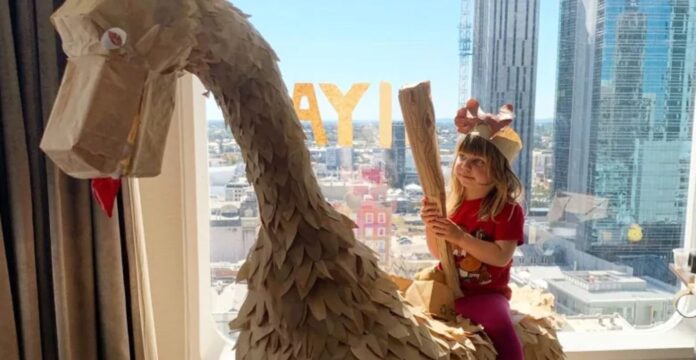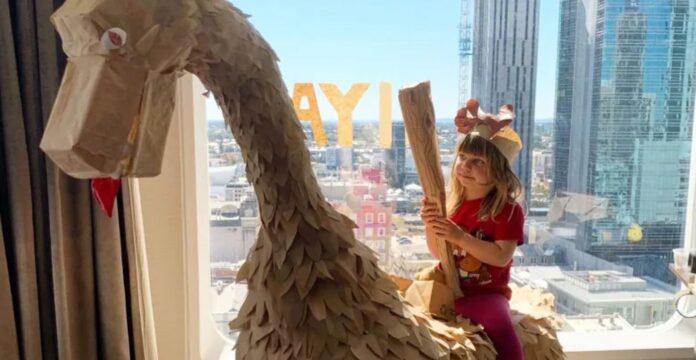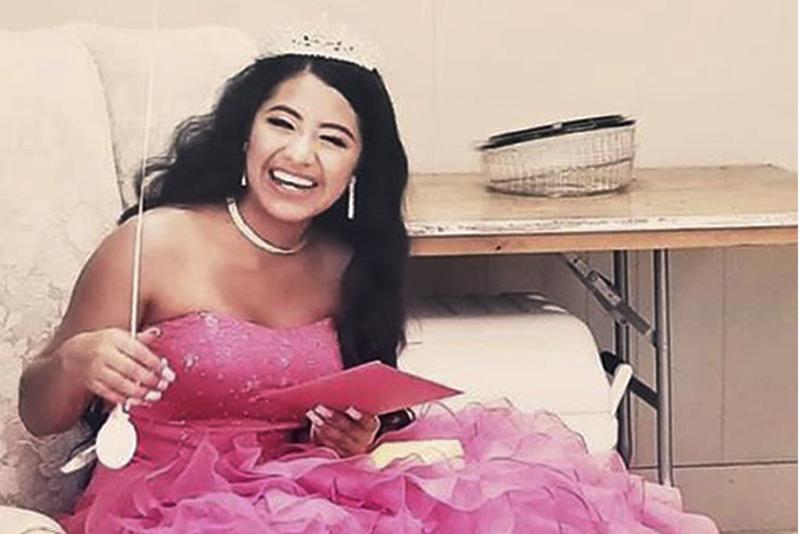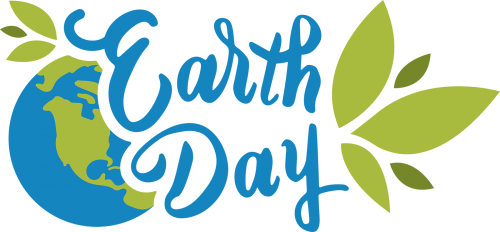This story comes from the APNews.com One Good Thing series. The full story is at https://apnews.com/article/miami-health-lifestyle-religion-coronavirus-0a06fa112049586b62bc8de73ffad1f6
Entering her magical quinceanera on by her father’s arm, her tiara sparkling and her fuchsia ballgown trimmed with ruffles to perfectly match her cake, Adriana Palma scanned the crowd for familiar faces.
Most of the guests were strangers. But they would soon become like family — without them, this Parisian pink fairy tale of a 15th birthday party would never have come to life.
At least one very important person was missing — Adriana’s grandmother, who according to custom would have imparted wisdom and a special gift. She remained in Mexico.
“Don’t worry,” a volunteer at the homeless shelter told Adriana before the February celebration. “Today, we are all your godmothers.”
When the teen left Mexico in early 2020, she looked forward to a new life in Miami with her parents and three younger brothers. But when the pandemic hit, her father’s job disappeared.
Alone and impoverished, they spent four months living in their SUV. Adriana and her brothers — hungry and unfamiliar with English — crammed in homework assignments whenever they could find WiFi.
The Miami Rescue Mission had been inundated with housing requests after the pandemic, but in June they found a small apartment for the Palmas. The family slowly adapted to new routines.
But Adriana’s 15th birthday was coming, a day she had dreamt of since she was a little girl. Quinceaneras are revered in Hispanic culture and celebrated with all the gusto of a wedding. But after her father lost his job, Adriana said, “I lost all hope of having one.”
Itzel Palma tried to console her daughter.
“We will be together as a family,” she told her. “That will be my gift to you.”
Lian Navarro, a community development associate at Miami Rescue Mission, asks caseworkers every month for the names of children celebrating a birthday at the shelter. Her nearly 60 volunteer “Cover Girls,” named after the protective covering of an umbrella, bring cupcakes, balloons and small toys to ensure children aren’t overlooked.
When Navarro, a Cuban American, heard of Adriana’s upcoming 15th birthday, she knew the importance of the occasion. And she resolved to make the quinceanera happen.
Elle Montero and Tadia Silva, Miami real estate agents and longtime Cover Girls, were used to pulling off events with scarce resources. But as they scanned the bare room of a Miami church filled with nothing but a tree and a few tables, they thought: This is impossible.
Then they set out to do the impossible.
They’d already settled on a Parisian theme, something feminine and floral, and remembered some vintage trunks with big brass buckles that Silva had in storage. They found small gold Eiffel towers, placed cupcakes in delicate floral teacups, filled elegant glass jars with pastel macarons and sweet madeleines, and finished each table with pink floral centerpieces.
Nearly 50 Cover Girls joined in. Some gave money, others donated food or services. A makeup artist gave Adriana her very first makeup lesson, a hair stylist put her glossy, dark locks in soft curls and a professional photographer spent three hours capturing the event.
“We want them to have these memories. They have to believe they are worth all that because they are,” said Silva. “Some people don’t excel because they think they can’t do better because they’ve been conditioned that this is their fate, but little by little they get back on their feet.”
The Cover Girls stacked Adriana’s table with everything on her wish list, bracelets and purses, pajamas and gift cards, laughing like proud aunties as she peeled off the wrapping paper.
She danced with her father, swaying under the palm trees to Ed Sheeran’s “Photograph” as many of her new godmothers wept with joy.
As the party was about to end, Adriana tucked handwritten notes into each hand; in her halting English, she thanked her godmothers for the magical memories.
“I felt like a princess,” she said.
This story comes from the APNews.com One Good Thing series. The full story is at https://apnews.com/article/miami-health-lifestyle-religion-coronavirus-0a06fa112049586b62bc8de73ffad1f6

